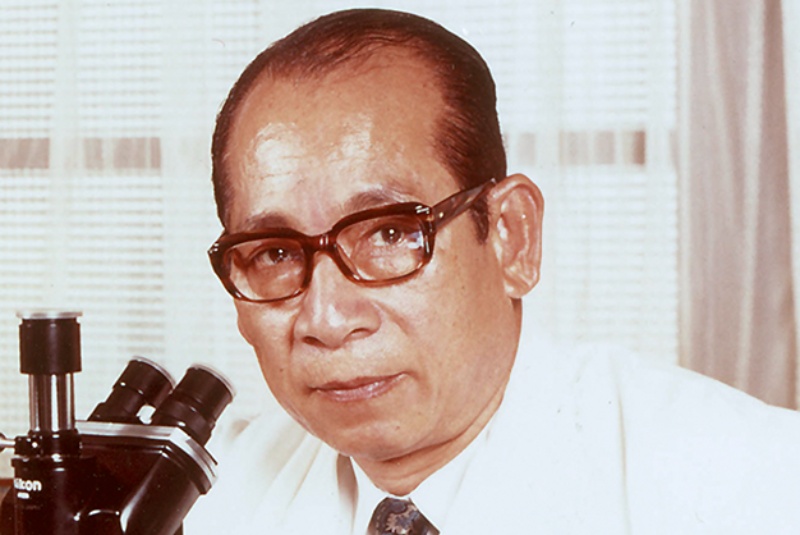In the quiet whispers of Forni di Sopra, a small town nestled within the majestic Dolomite Alps, a story unfolded that seemed more akin to folklore than financial news. It was a tale of a man, not clad in Lincoln green nor wielding a bow, but equipped with a ledger and a kind heart, who attempted to tilt the scales of economic justice. This man was Gilberto Baschiera, an Italian bank manager, whose acts of financial rebellion echoed the ancient legend of Robin Hood. For over seven years, unbeknownst to the world, he operated a clandestine operation, siphoning around 1 million Euros from the accounts of the wealthy to help the less fortunate in his community.
Gilberto Baschiera wasn’t driven by personal gain; his purpose was altruistic. Each euro redirected from the abundant resources of the rich was channeled to empower those on the verge of despair, those for whom the system had built insurmountable barriers. Baschiera's covert operations enabled the underprivileged to apply for loans—dreams within reach, yet so often denied.

This extraordinary narrative began during the 2009 financial crisis—a period that left countless individuals in dire financial straits. Banks tightened their loan policies, and the door to credit was firmly shut for many. It was during this grim economic chapter that a local man, rejected by the very system meant to serve him, walked into Baschiera's bank, his hope for a loan as bleak as the crisis itself. Compassion swayed Baschiera, and he found an unconventional solution: he discreetly transferred funds from a wealthy client's account, granting the man a chance to secure the loan.
Word of Baschiera’s unorthodox methods spread through the town like wildfire. Soon, many approached him, and he created what his lawyer described as a “shadow financing system.” It was a secret pact of honor; Baschiera trusted these individuals to repay their loans without any legal binding, relying on the very essence of human integrity.
But such a system, predicated on trust alone, bore risks. Baschiera's scheme operated smoothly until the day arrived when some recipients of his generosity failed to fulfill their promise. Non-repayment by several clients initiated a domino effect that would eventually culminate in his downfall. The missing funds did not go unnoticed forever, and the discrepancies caught the eye of his employers.
The revelation of his actions was shocking, and the scandal that followed was of considerable magnitude. Gilberto Baschiera was arrested, charged with embezzlement and fraud. The court proceedings painted a complex picture: a bank manager who had stepped beyond legal boundaries but without a trace of personal enrichment from the act.
This nuance in his story, his lack of personal gain, was pivotal in the judicial decision that followed. Baschiera faced a 2-year prison sentence; however, considering it was his first offense and the non-profit nature of his actions, he was spared time behind bars. Nonetheless, the repercussions were devastating on a personal level. The scheme cost him his home, seized by the authorities, and he found himself unemployed and without shelter.
The irony of his circumstances was poignant: a man who had spent years ensuring others had roofs over their heads was now roofless. His noble intentions, his modern-day Robin Hood escapade, left him in a tragic state of affairs.
Yet, the question arises: was Gilberto Baschiera a criminal or a hero? His story forces us to ponder the intricate dance between ethics and legality. On one hand, his actions were undeniably illegal, breaching the trust clients place in banks to safeguard their assets. On the other hand, he embodied the spirit of a hero, striving to alleviate the burdens of those who had been let down by society's financial structures.
Baschiera's legacy is complex. To the individuals he aided, he was a savior, a beacon of hope in a time of darkness. To the banking industry, he was a renegade, a cautionary tale of what happens when personal morality challenges the status quo. Yet, his tale is more than a mere narrative of theft and benevolence; it serves as a mirror, reflecting the larger societal and economic disparities that persist in our world.
In dissecting the layers of Gilberto Baschiera's actions, one cannot help but reflect on the nature of wealth distribution and the systemic challenges that perpetuate inequality. Baschiera’s story underscores the desperation that can arise within these gaps, the lengths to which one might go to correct perceived injustices. His story is not a standalone anomaly; it's a symptom of wider economic ailments that plague communities across the globe.
What lessons can be gleaned from the chronicles of this Italian bank manager? Perhaps it’s the notion that humanity and compassion can sometimes collide with the cold mechanics of the law. Maybe it’s an understanding that sometimes the world needs outlaws to challenge unfair systems, or it could be a simple reminder that every act of defiance—no matter how well-intentioned—carries consequences.
Gilberto Baschiera’s life has changed irreversibly; his actions will continue to resonate and provoke debate. As he navigates the aftermath of his decisions, the communities he aided face their own realities, their fates altered by a man who dared to dream of a fairer world.
In closing, the story of Gilberto Baschiera is a modern-day parable that extends beyond the borders of Forni di Sopra. It is a story that asks us to examine our own values and the societal constructs we navigate. It implores us to consider the true meaning of justice and the lengths we are willing to go to in the name of equity. As this tale from the Dolomites fades into history, the echo of its moral complexities will linger, challenging us to ponder the true cost of taking from the rich to give to the poor.




